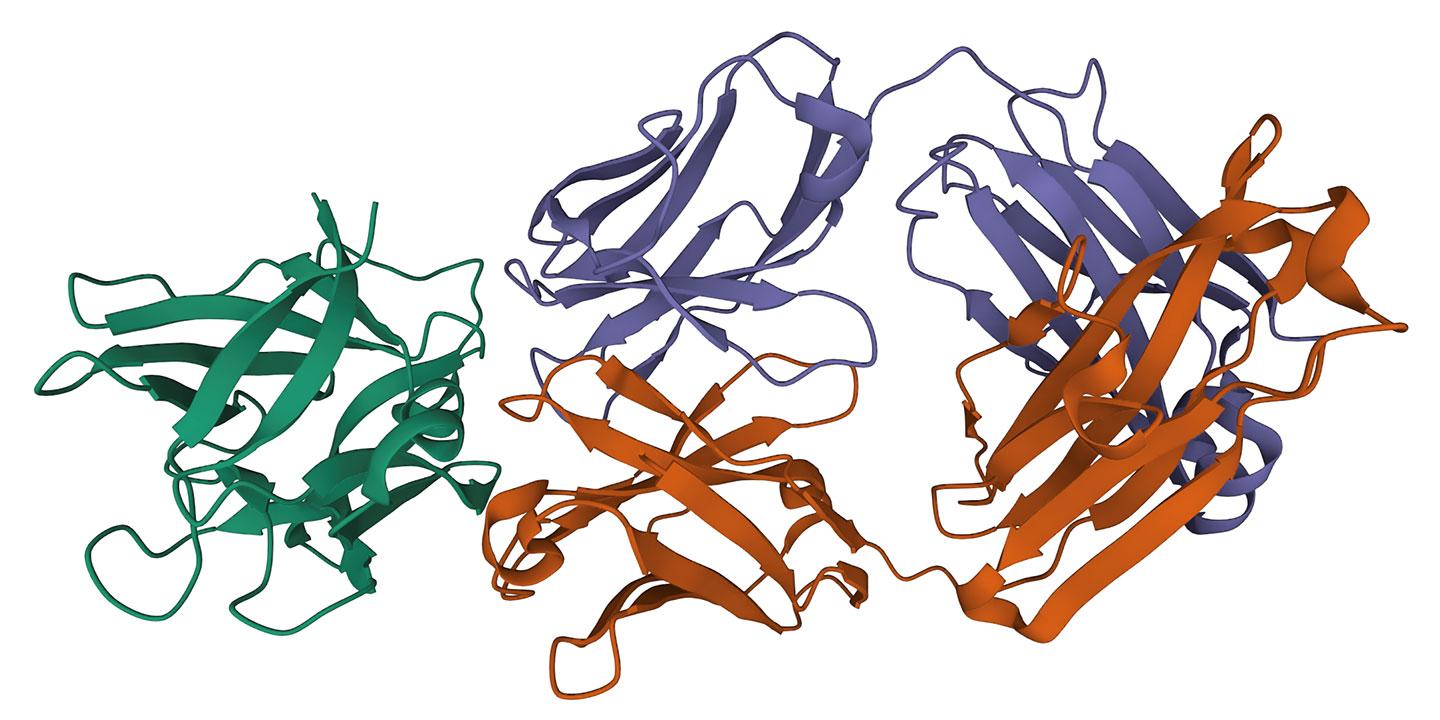Canakinumab in patients with COVID-19 and diabetes

Patients with type 2 diabetes and obesity have chronic activation of the innate immune system possibly contributing to the higher risk of hyperinflammatory response to SARS-CoV2 and severe Covid-19 observed in this population. We tested whether interleukin-1β (IL-1β) blockade using canakinumab improves clinical outcome.
Background
CanCovDia was a multicenter, randomized, double-blind, placebo-controlled trial to assess the efficacy of canakinumab plus standard-of-care compared with placebo plus standard-of-care in patients with type 2 diabetes and a BMI > 25 kg/m2 hospitalized with SARS-CoV-2 infection.
Aim
Patients were randomly assigned 1:1 to a single intravenous dose of canakinumab or placebo. Canakinumab and placebo were compared based on an unmatched win-ratio approach based on length of survival, ventilation, ICU stay and hospitalization at day 29.
Results
116 patients were randomly assigned with 58 in each group. One participant dropped out in each group for the primary analysis. At the time of randomization, 85 patients (74·6 %) were treated with dexamethasone [canakinumab 41 (71·9 %), placebo 44 (77·2 %)]. The win-ratio of canakinumab vs placebo was 1·08 (95 % CI 0·69-1·69; p=0·72). During four weeks, in the canakinumab vs placebo group 4 (7·0 %) vs 7 (12·3 %) participants died, 11 (20·0 %) vs 16 (28·1 %) patients were on ICU, 12 (23·5 %) vs 11 (21·6 %) were hospitalized for more than 3 weeks, respectively. Median ventilation time at four weeks in the canakinumab vs placebo group was 10 [IQR 6.0, 16.5] and 16 days [IQR 14.0, 23.0], respectively. Median glycated haemoglobin A1c (HbA1c) after four weeks in the canakinumab group vs placebo was 7·40 [IQR 6·65, 8·30] vs 7·50 ([IQR 6·68, 8·33] p=0·955) despite a lower number of antidiabetics administered in patients treated with canakinumab vs placebo (OR 0·47 [95 % CI 0·23-0·95] p=0·04). Median ratio to baseline of endogenous insulin (pmol/L) at four weeks in the canakinumab group vs placebo was 0.94 [0.59, 1.66] vs 0.64 [0.29, 1.44] (GMR 2.21 [1.09, 4.48] (p=0.029). Median ratio to baseline CRP and IL-6 was lower at 29 days in the canakinumab group vs placebo (GMR 0·47 [0·27, 0·82], p=0·01, and 0·28 [0·11-0·68], p=0·005).
Specific contribution to tackle the current pandemic
In patients with type 2 diabetes who were hospitalized with Covid-19, treatment with canakinumab in addition to standard-of-care did not result in a statistically significant improvement of the primary composite outcome despite a numerical benefit in survival, ventilation, and ICU time. Patients treated with canakinumab required significantly less antidiabetic drugs to achieve similar glycaemic control, possibly due to increased insulin production. Canakinumab was associated with a prolonged reduction of systemic inflammation.
Original title
Canakinumab in Patients with COVID-19 and Type 2 Diabetes: A Multicentre, Randomized, Double-Blind, Placebo-Controlled Triall
Conctact
Prof. Marc Yves Donath
Departement Biomedizin
Universität Basel
Hebelstrasse 20
CH-4031 Basel+
79
